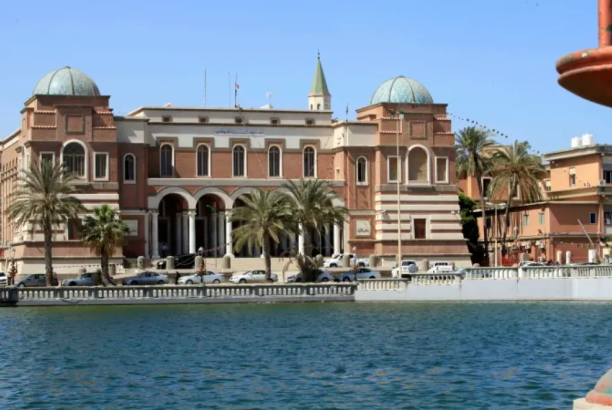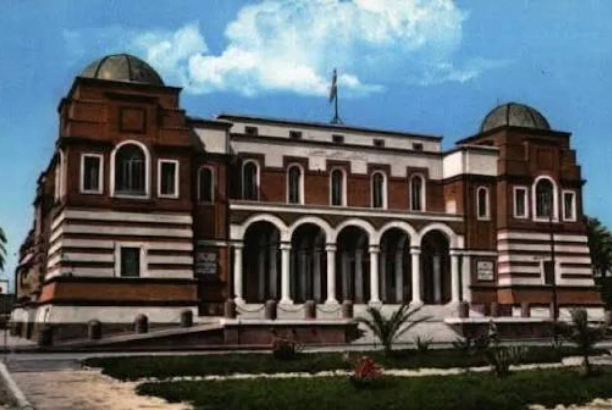
| News
Exclusive.. “Al-Barghouti”: The Libyan economy is fragile and entirely dependent on oil — establishing a holding company for banks is a test of our ability to transition toward a real economy
Professor of Political Economy Mohamed Al-Barghouti stated exclusively to our source that the recent remarks by the Governor of the Central Bank of Libya reflect the Libyan economic reality as it is — not as we wish or imagine it to be.
He explained that Libya’s economy remains almost entirely dependent on oil revenues, making it fragile and highly sensitive to fluctuations in global oil prices.
Al-Barghouti added: “If we assume, as the governor said, that the price of oil drops to $52 per barrel, the government’s ability to pay salaries and meet its commitments would be directly affected, since oil remains the only source feeding public finances, while other productive sectors are either absent or unable to contribute effectively to the national income.”
He emphasized that this statement should not be understood as pessimism, but rather as a clear call to review the rentier economic model that Libya has relied on for decades, and to work toward building a real, diversified economy capable of withstanding crises.Elaborating further, he said: “The idea of establishing a holding company for banks is not a regulatory step or a replacement for the Central Bank, as some may think. In essence, it is a project aimed at restructuring the banking sector from within and making it more effective in driving investment and development. The idea revolves around bringing public banks under one umbrella that allows for policy coordination and resource direction toward genuine productive sectors — instead of banks remaining in their current role as mere institutions for handling salaries and opening letters of credit.”
Al-Barghouti pointed out that the success of this idea depends on several key conditions, foremost among them the independence of investment decisions from political polarization and the adoption of transparent governance standards in leadership selection and performance evaluation. “If the holding company is managed with a bureaucratic banking mindset,” he said, “we will simply have created another entity that repeats the failures of the past. But if it is managed with an investment-oriented mindset based on competence and accountability, it could become the nucleus of a modern banking sector capable of financing growth rather than consumption.”He concluded his statement by saying: “It is too early to judge whether the project will succeed or fail, but we can say that we are facing a new test of our ability to shift from crisis management to system-building, and from reaction to conscious economic action.
This is a national responsibility that goes beyond individuals and institutions — it concerns the entire structure of economic thinking in Libya.”





